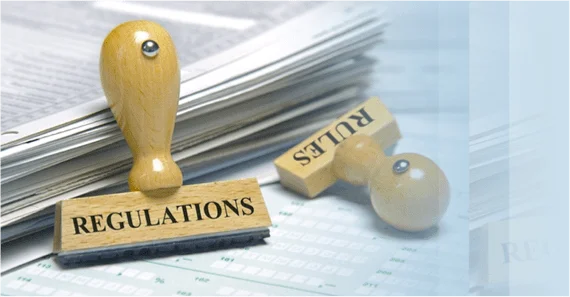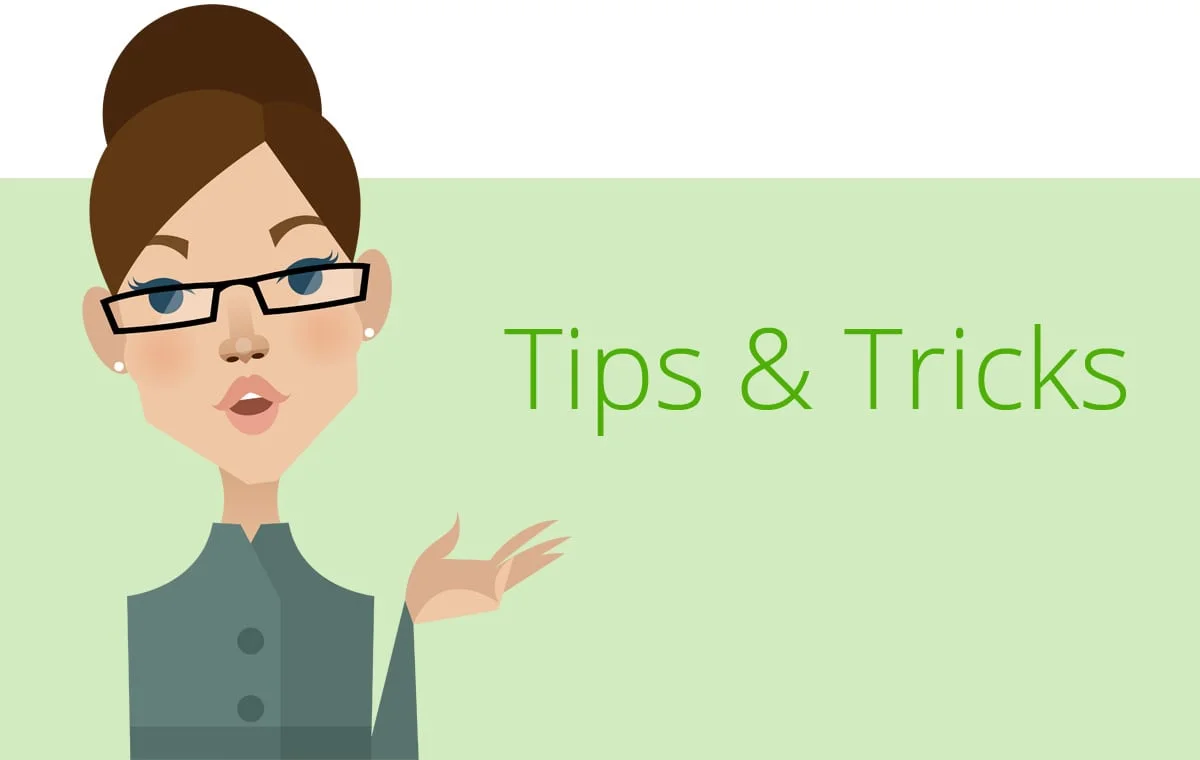What tax does a small business owner pay? Is there a business tax for freelancers? And what is VAT? Read on and learn how to get on top of your tax reports.
Tax Advice for Small Business Owners
Every year, millions of small business owners and self-employed people die an inner death when the dreaded tax time arrives. What taxes do you have to pay as a small home business? And what if your small business gets bigger? What businesses do even count as small? Will you have to pay taxes on your side hustle? These are only a few of the questions you’ll have to find answers for. These answers vary by country, or even by state, such as the U.S. sales tax. And if you are running an international business, as many of you are doing today, things get even more complicated. How to get through this? Read on.
1. Learn Your Tax Basics
Get informed. Usually, the government agencies provide information on taxes, such as the IRS Website for small business and self-employed in the U.S., the Canada Revenue Agency or the Business Tax A-Z for businesses in the U.K.. Some of these organizations even offer free advice for start-ups and freelancers. Depending on your country and your line of work, labor unions or other organizations will offer more detailed information suiting your individual taxation needs.
2. Size Standards for Small Business
To find out what taxes you are in for, you need to know WHAT you are. Does your qualify as a small business? The answer to this is not a straightforward as you might think: In the U.S., for example, there are several factors that make a business qualify as small. (To find out if your U.S. Business is actually a small business, consult the Small Business Side Standards by the SBA.) Is a self-employed person working on his or her own a small business? In most countries, self-employed persons are sole traders before tax law, turning their one-persons-show into a special kind of business with their own special kinds of taxes and insurances to pay.
3. Sales Tax, VAT & Co.
Depending where you are based, where your clients live and what kind of trade you are in, you might need to register for a special tax on each trade, every product you sell or service you provide: In the U.S., this is known as Sales Tax, in the U.K. and the European Union as Value-Added Tax. The percentage of this kind of tax is varies from country to country. If you qualify, it is important that you state in separately on every invoice you send out, in order to file a correct tax statement. I recommend using an invoicing software that will automatically do that for you. Like my very own zistemo, for example, where you can add all kinds of taxes to your invoices and it will automatically processed in your books. Try it for free!
4. Get Smart Business Software
Filing taxes is never fun. But it is definitely a lot easier if you have your numbers ready. Income, expenses, outstanding invoices: Even if you are just starting out with a small side-business, use a smart business software solution from the start. Tax people are not known for their sense of humor nor for their empathy – they won’t accept any excuse for missing statements, no matter how good it is. Capturing all your expenses and keeping on top of your invoices will not only make your business smarter, it is crucial to get you through tax time.
5. Professional Tax Consultant
My last advice for today is the best tax advice for small business owners and self-employed people out there. The best ever. Really. Here it comes. Get a professional tax consultant! At least to get you started. If this seems to be an unnecessary expense for you, and an expensive one at that, you are not alone. Actually, research suggests that only 4 out of ten small business owners ever consult a financial advisor. But unless you are a financial expert yourself, or have plenty free time on your hands to do the necessary research, getting an expert’s advice will pay off in full.
And if you took my advice above and use a smart software (like, well, maybe, zistemo), you can even invite your tax advisor into your cloud, where he or she can see your numbers live for him- or herself. This will save time, money – not to mention the energy and paperwork. Sounds good, doesn’t it? So, why aren’t you doing it? Like right now?
Tame the Tax-Beast!
Actually, the basic idea behind taxes is not that bad: You give a percentage of the money you earn to the state, and in turn the state provides you with public institutions (like schools) and infrastructure (like streets). Makes sense! But the complicated nature of humans, money and power has turned the tax system into the hairy beast it is today. Let’s tame it together – and who knows: maybe we all will become friends one day.
Whatever happens: don’t lose your passion to the tax-man!
zistemo






